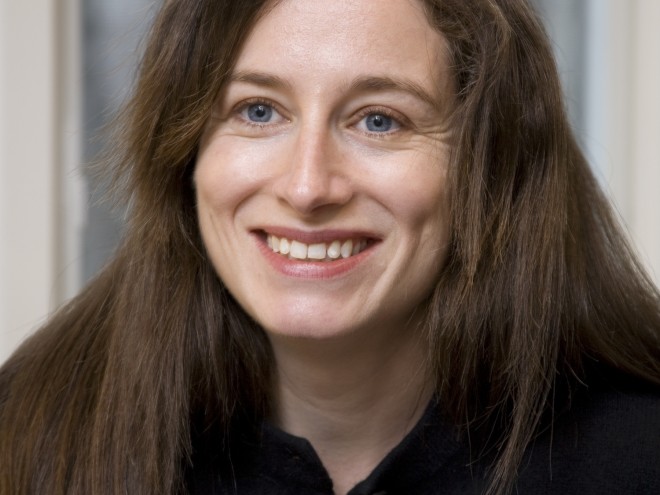Posted by Naomi Firestone-Teeter
 Our fifth, and final, installment of this year’s “Words from our Finalists”…Dalia Sofer
Our fifth, and final, installment of this year’s “Words from our Finalists”…Dalia Sofer
Dalia…meet our Readers
Readers…meet Dalia
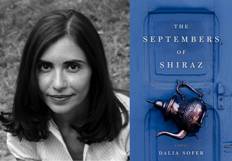 What are some of the most challenging things about writing fiction?
What are some of the most challenging things about writing fiction?
Ensuring that the world you have created is engaging and cohesive, that all the narrative threads you have introduced early on are carried until the end, and that multiple layers are woven through the story without drawing attention to themselves. All of this should appear seamless to the reader.
What or who has been your inspiration for writing fiction?
I’m not sure I can pinpoint a specific inspiration — for me writing is a release, a device through which I digest thoughts and emotions. The final product — the book — is a vessel that holds all this mishmash for me.
I find myself consistently drawn to ambiguity – in behavior, in relationships, in memory, in history, in governments, even in promises. I am also fascinated by the idea of the wheel of fortune — that life is favorable one instant and seemingly disastrous the next. I find much of my inspiration in these grey areas.
 Who is your intended audience?
Who is your intended audience?
The marine iguanas in the Galapagos Islands.
Do you think your work speaks predominantly to your generation? Future generations? Or, older generations?
I think (and hope) that it speaks to all generations. My novel is very much about loss, and everyone can relate to that on some level, regardless of age. Imprisonment is its most obvious and extreme manifestation — the man who had everything loses everything, literally overnight. But the loss is far greater than that: it’s the disappearance of a whole nation as it once was, the annihilation of a way of life. 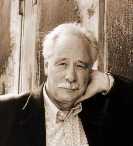 I’ve often thought of this novel as a kind of elegy to what once was.
I’ve often thought of this novel as a kind of elegy to what once was.
W. G. Sebald once said, “the artistic self engages personally in […] a reconstruction, pledging itself to building a memorial.” The idea of the writer as builder of a memorial, however imperfect, struck a resonant chord with me.
Who is the reader over your shoulder?
My very discriminating cat Leo.
Are you working on anything new right now?
I am working on my second novel, about an elderly man in a remote village in Southwestern France.
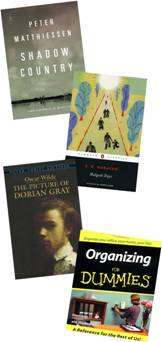 What are you reading now?
What are you reading now?
I tend to read several books at once. Currently I am reading Peter Matthiessen’s Shadow Country, R.K. Narayan’s Malgudi Days, and (revisiting) Oscar Wilde’s The Picture of Dorian Gray. Oh, and I forgot to mention, Organizing for Dummies.
When did you decide to be a writer? Where were you?
The first time I felt jolted out of my isolation after arriving in America was while reading Edith Wharton’s Ethan Fromein eighth grade and identifying — despite 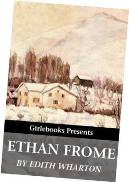 the vast geographical and chronological gaps separating us — with the reticent but kindhearted protagonist, trapped in a loveless marriage in the bitter cold of a New England town. In Ethan Frome I had for the first time encountered a protagonist whose passivity I recognized all too well, and ironically, it was in this reticent man that I saw a world opening up to me — a world where all that is left unsaid in real life can finally be said — a world where fictive characters become the reflections of the tangled emotions of humans — the world of novels.
the vast geographical and chronological gaps separating us — with the reticent but kindhearted protagonist, trapped in a loveless marriage in the bitter cold of a New England town. In Ethan Frome I had for the first time encountered a protagonist whose passivity I recognized all too well, and ironically, it was in this reticent man that I saw a world opening up to me — a world where all that is left unsaid in real life can finally be said — a world where fictive characters become the reflections of the tangled emotions of humans — the world of novels.
What is the mountaintop for you — how do you define success?
Knowing that I have connected with readers both emotionally and intellectually, and occasionally challenged them.
How do you write — what is your private modus operandi? What talismans, rituals, props do you use to assist you?
I carry a mandrake root in my pocket at all times. I play the pungi with a white turban around my head to charm my pet snake out of his basket. I wear a silk robe bought from Shanghai, drink absinthe and read Baudelaire into all hours of the night.
What do you want readers to get out of your book?
That’s not for me to say. But I’m always eager to hear what they did get out of the book.
Originally from Lancaster, Pennsylvania, Naomi is the CEO of Jewish Book Council. She graduated from Emory University with degrees in English and Art History and, in addition, studied at University College London. Prior to her role as executive director and now CEO, Naomi served as the founding editor of the JBC website and blog and managing editor of Jewish Book World. In addition, she has overseen JBC’s digital initiatives, and also developed the JBC’s Visiting Scribe series and Unpacking the Book: Jewish Writers in Conversation.

